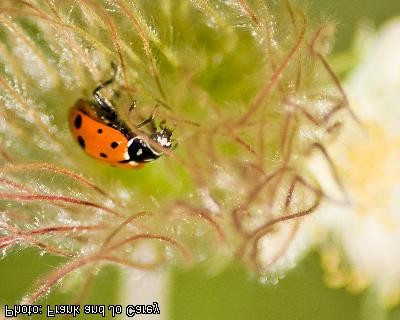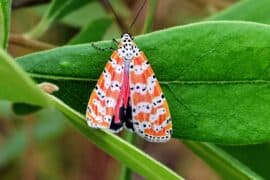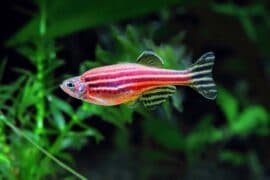Chrysomela aeneicollis
(Chrysomela aeneicollis)

Description
Chrysomela aeneicollis is a species of leaf beetle in the family Chrysomelidae. This organism has been used as a model for studies of natural selection in nature. It is currently being investigated to study effects of environmental change on insect populations, and the evolutionary significance of variation at genes affecting metabolism and the response to stress. It has been included as a study species in the California Conservation Genomics Project, due to its presence in multiple California ecoregions and extensive knowledge of genetic variation, evolutionary ecology, and interactions with other species. Information about its range and comparisons with closely related species can be found in a review of the genus Chrysomela published in the Canadian Entomologist. Chrysomela aeneicollis is found in western North America. Populations occur in cooler habitats in coastal regions from northern California to British Columbia, or at high elevations in the Rocky Mountains (Colorado, Alberta) and the Sierra Nevada mountains of California. In California, this leaf beetle occurs in the Sierra Nevada mountains from Lone Pine to Modoc County and coastal populations are found north of San Francisco in Mendocino County. Chrysomela aeneicollis belongs to a group of closely related species within the genus Chrysomela that feed on willows or poplars (family Salicaceae) or on alder or birch (family Betulaceae). As immatures (larvae), C. aeneicollis individuals use chemicals extracted from host plant foliage to produce a defensive secretion that they expose when attacked by potential predators. They prefer host willows that contain greater amounts of these chemicals (salicylate-rich) over plants that are salicylate-poor and they are stimulated to feed by salicin. The evolutionary significance of the host-plant derived defensive secretions of C. aeneicollis was investigated, with the expectation that larval survival would be greater on salicylate-rich plants than salicylate-poor ones. Field studies on C. aeneicollis revealed that specialist predators cause significant mortality, which reduces or eliminates the benefits of the host-plant derived larval defensive secretion. One of these predators is a fly (Parasyrphus melanderi) that lays its eggs on C. aeneicollis eggs.
Taxonomic tree:







